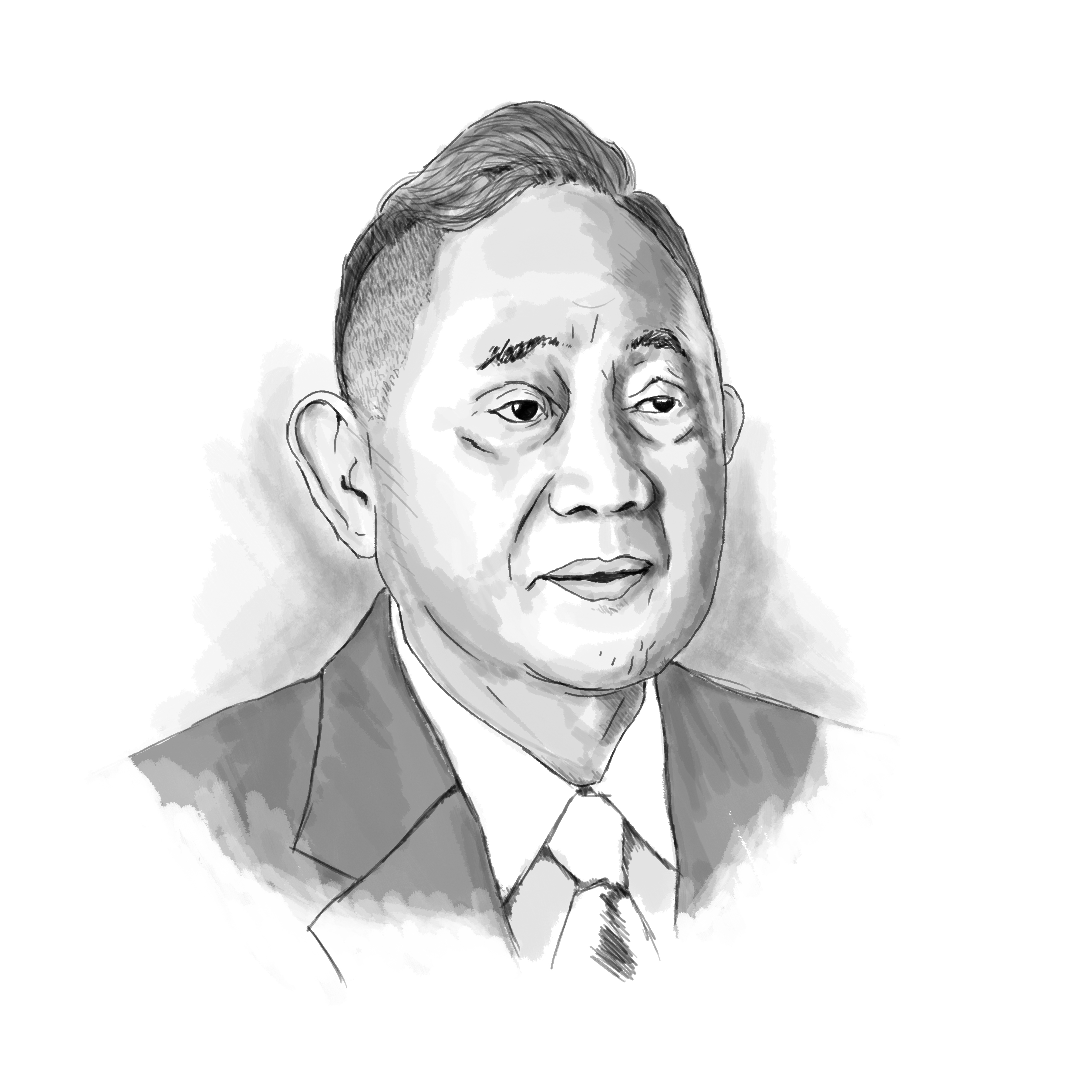The President's SONA; remembering a Vietnamese leader and old friend
PEACE-MAKER

All roads lead to the House of Representatives tomorrow, July 22, for President Ferdinand Marcos Jr.’s third State of the Nation Address (SONA).
Mandated by the 1987 Constitution, the speech is delivered every fourth Monday of July before the joint session of Congress at the House of Representatives.
The SONA is a cornerstone of our country’s political tradition, where the President reports on the condition of the country, highlights his administration’s accomplishments the previous year, outlines his agenda for the coming year, and proposes legislative measures.
History tells us that the first SONA was delivered by President Manuel L. Quezon on November 1935 at the then Legislative Building in Manila during the days of the Philippine Commonwealth, the period preceding our country’s ascent to a Republic.
Notably, President Elpidio Quirino delivered his SONA from Maryland in the United States on January 1950 via live radio broadcast as he was then confined at a hospital in Baltimore.
President Ferdinand Marcos was the first to deliver his SONA at the Batasang Pambansa, on June 1978. From 1973 to 1978, he conducted his SONA either in Malacanang or at the Quirino Grandstand as both the House of Representatives and the Senate were abolished during Martial Law.
We were then a young, first-term congressman whose term was abruptly terminated when President Marcos imposed Martial Law on Sept. 21, 1972.
Since 1978, the SONA has been delivered at the House of Representatives in Quezon City.
***
We joined the Communist Party of Vietnam (CPV), the Vietnamese government, and the Vietnamese people in mourning the passing of an old friend, CPV general secretary Nguyen Phu Trong.
Under his leadership, Vietnam has maintained ties with China and forged stronger relations with the U.S., with which it fought a protracted and bloody war in the past. He was also the only CPV chief to visit the White House, in 2015, where he conferred with then President Barrack Obama. Trong was also known for his steadfast crackdown against corruption.
We profoundly admire Vietnam for rising from the tragedies and sufferings of war — the World War II conflict with Japan, the guerilla war for independence against the French Army, and then against the U.S. and Allied Forces after Vietnam’s earlier victory in the classic battle at Dien Bien Phu in the north against the French Army, all of which the North Vietnamese forces won - - to become an economic and peaceful power today, lifting the living standards of the Vietnamese people and advancing agriculture, education, and industries. In recent years, global companies have been expanding their supply chains in Vietnam, which is becoming a hub for textiles and tech products. We also commend Vietnam for promoting a culture of peace in Asia and the international community.
The Communist Party of Vietnam sits in the governing body of our International Conference of Asian Political Parties (ICAPP), which is composed of 352 ruling and opposition parties from 52 countries in Asia, including the major political parties in the Philippines. The ICAPP is an inclusive body which includes government and opposition, Left and Right, and has been advancing the causes of peace, security, development, dialogue, understanding, and cooperation among countries and peoples in Asia and the global community.
As we earlier mentioned in this column, Vietnam has a special place in our heart as it was where we spent our initial foray in international relations, as a 30-year-old presidential assistant, concurrently assigned as minister, economic and press Counselor at the Philippine Embassy in Saigon, the South Vietnam capital then (now Ho Chi Minh, capital of the united Vietnam) from 1966 to 1969 during the Vietnam War.
It was also in Vietnam, in 1967, where we conceived and began the implementation of the historic dollar Remittance Program for the Philippine overseas workers, which rapidly enlarged each year and which now raises more than $32-billion a year for the Philippines, a continuing yearly bonanza for our Bangko Sentral.